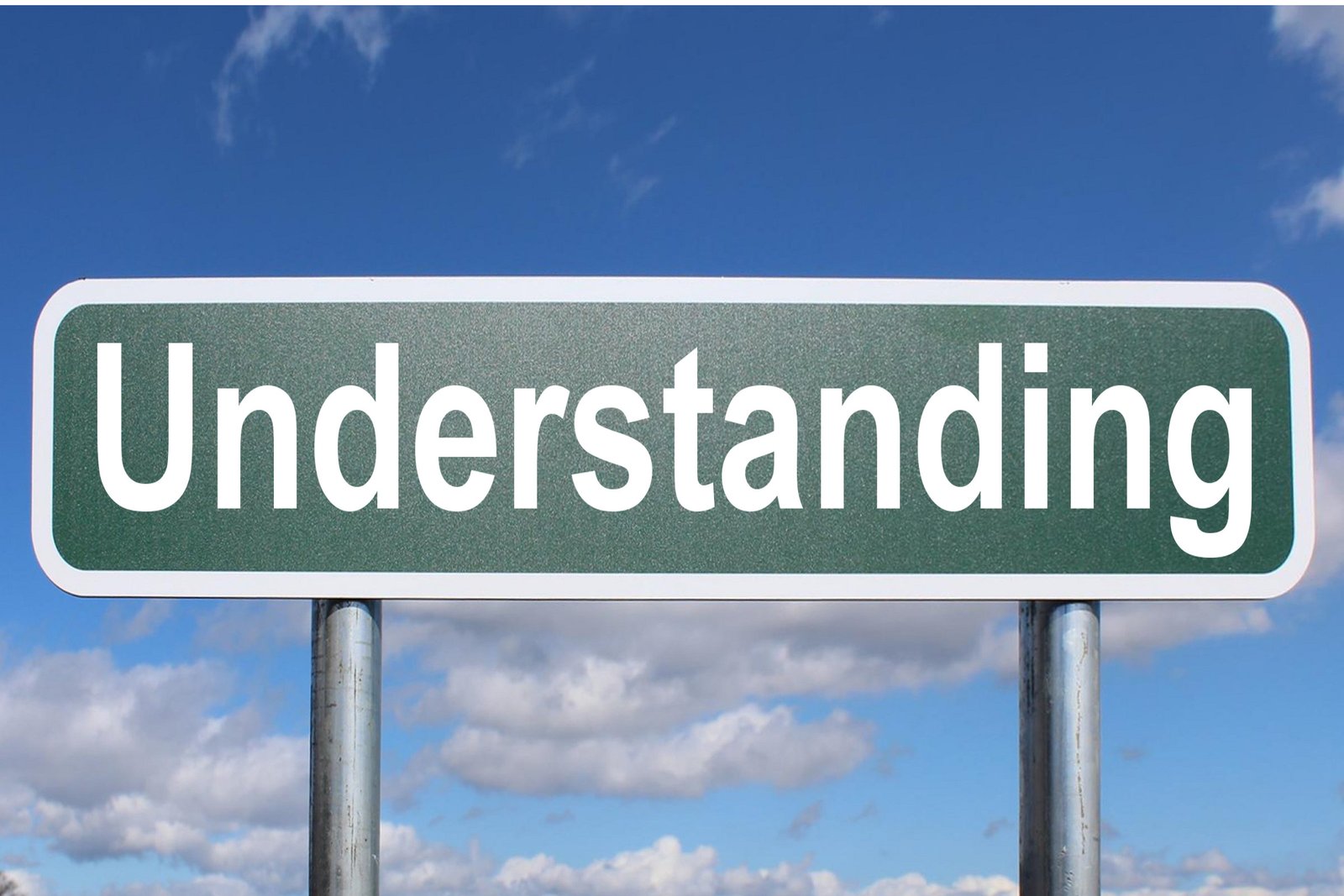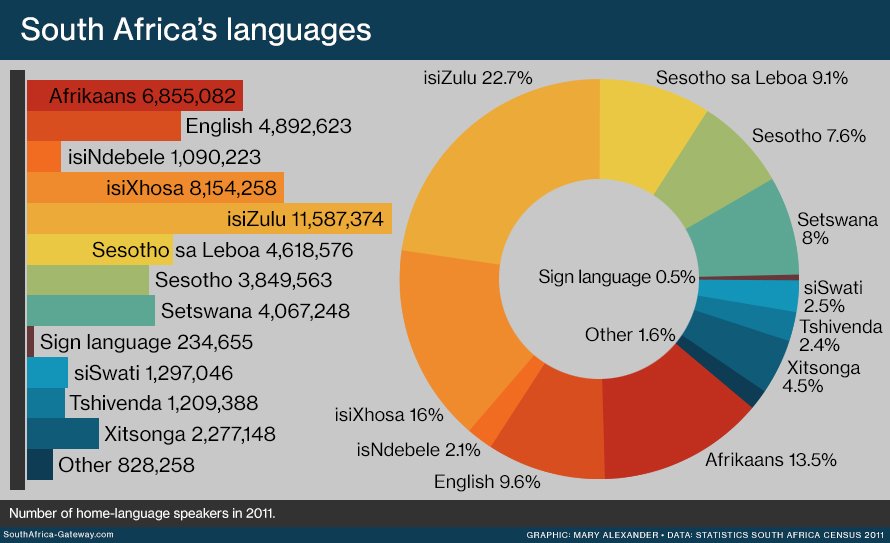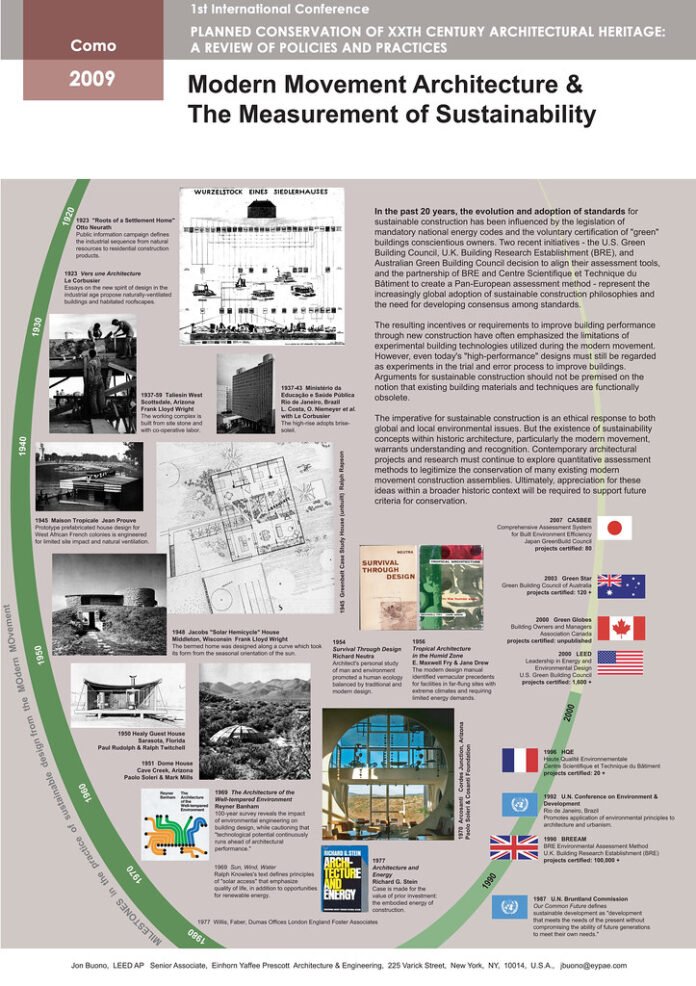Embarking on the journey of parenthood is like setting sail on uncharted waters. With each passing day, your little one grows and changes, leaving you marveling at the miracles of their first year. From their first smile to their first steps, each milestone is a testament to their rapid development and boundless potential. In this article, we will be your compass, guiding you through the vast seas of your baby’s first year. Brace yourself for an adventure filled with laughter, tears, and wonder, as we delve into the intricate tapestry of developmental stages, helping you navigate the uncharted territories of parenthood with ease. So, grab your life vest and be prepared to set sail on this odyssey of love, growth, and astounding discoveries.
Overview of the First Year: Key Developmental Milestones and Stages
During the first year of a child’s life, there are numerous key developmental milestones and stages that parents and caregivers should be aware of. These milestones mark important achievements in a baby’s growth and serve as a guide for tracking their progress. Understanding these milestones can help parents navigate this exciting and sometimes challenging journey.
One of the first milestones in a baby’s first year is their ability to lift and turn their head. This typically occurs around three months old and is a crucial step in their physical development. Another significant milestone is the emergence of their first tooth, which can happen anywhere between four to seven months. As babies grow, they begin to roll over, sit up, and crawl, showcasing their increasing strength and coordination.
As they approach their first birthday, many babies start to take their first steps, a milestone that brings immense joy to parents and demonstrates their child’s blossoming independence. Communication skills also develop rapidly during this time, with babies often uttering their first words and exhibiting increased understanding of simple instructions. Furthermore, cognitive milestones such as object permanence and problem-solving abilities begin to emerge.
These milestones and stages vary from child to child, but having a general understanding of what to expect can assist parents in providing the necessary support and encouragement as their baby progresses through their first year.

Understanding Social and Emotional Development in Infants: Bonding, Attachment, and Self-Regulation
During the first year of a baby’s life, their social and emotional development goes through significant milestones and stages. Understanding these milestones and stages is essential for parents and caregivers to provide the necessary support and nurture their infant’s growth. Bonding, attachment, and self-regulation play crucial roles in this process.
Bonding is the deep emotional connection that develops between a baby and their primary caregiver. It is established through consistent and responsive care, such as cuddling, feeding, and soothing. Bonding helps infants feel secure and loved, laying the foundation for healthy emotional development. Attachment, on the other hand, refers to the specific bond that infants form with their primary caregiver. This bond provides a sense of security and serves as a base for exploration. A securely attached infant is more likely to have positive interactions with others and develop social skills later in life.
- Bonding: Cuddling, feeding, and soothing.
- Attachment: Secure bond with the primary caregiver, providing a sense of security and a base for exploration.
- Self-regulation: The ability to control emotions and behaviors, developing gradually in the first year.
Self-regulation is another crucial aspect of social and emotional development in infants. It refers to the ability to control emotions, attention, and behaviors. In the first year, infants gradually learn to regulate their emotions by observing and imitating their caregivers. Through these imitative behaviors, babies acquire valuable social and emotional skills, enabling them to express their needs effectively and manage various situations more autonomously.
- Babies learn self-regulation by:
- Observing and imitating caregivers.
- Acquiring valuable social and emotional skills.
- Expressing needs effectively and managing different situations autonomously.
Understanding the intricate process of social and emotional development in infants allows parents and caregivers to play an active role in nurturing their child’s growth. By fostering strong bonds, promoting secure attachments, and supporting the development of self-regulation skills, caregivers contribute to the overall well-being and healthy development of their little ones.

Cognitive and Motor Development: Exploring the World and Achieving Milestones
During the first year of a child’s life, they experience remarkable cognitive and motor development. This period is filled with exciting milestones and developmental stages as they begin to navigate and explore the world around them. From their first smile to their first steps, each achievement contributes to their overall growth and understanding.
One of the key cognitive milestones in this stage is object permanence. Around 8-9 months, babies begin to comprehend that objects continue to exist even when out of sight. This newfound awareness opens up a whole new world of play and exploration for them. They delight in games like peek-a-boo, as they discover the joy of unexpected surprises.
- The development of fine motor skills is another significant aspect of this stage. Babies start by reaching out and grabbing objects with a whole hand grasp, gradually progressing to a more refined pincer grasp. This skill enables them to pick up smaller objects, feed themselves, and explore their surroundings with increased dexterity.
- Gross motor skills also take center stage during this period. Infants go from lying on their backs to rolling over, sitting up independently, crawling, and eventually taking those wobbly first steps. Each milestone in their motor development brings them one step closer to a world of independence and discovery.
As parents and caregivers, it is essential to provide a nurturing environment that encourages and supports these various developmental stages. Stimulating their senses through engaging toys, providing ample tummy time, and offering guidance and encouragement can go a long way in fostering their cognitive and motor development. Embrace each milestone with excitement and celebrate the incredible journey your little one is undertaking as they explore and conquer their world.

Encouraging Language and Communication Skills: Strategies for Early Language Development
As your little one embarks on their journey of language development, understanding and supporting their milestones and developmental stages is key. During the first year, infants undergo remarkable growth in their communication skills, laying the foundation for future language abilities. By providing the right strategies and environment, you can encourage and nurture their burgeoning language and communication skills.
Creating a Language-Rich Environment:
- Engage in frequent conversations with your baby, even if they cannot respond yet. Maintain eye contact and use simple, clear language.
- Read aloud to your baby, incorporating books with large, colorful images and simple texts. This fosters a love for language and helps develop their vocabulary.
- Imitate your baby’s sounds and gestures, showing them that their attempts at communication are valued and understood.
- Introduce music and rhymes into their daily routine. Singing and reciting nursery rhymes help develop their sense of rhythm and melody, enhancing their language skills.
Encouraging Language Development through Play:
- Offer a variety of age-appropriate toys and objects that stimulate their senses. Soft toys, rattles, and textured objects help develop their fine motor skills, while encouraging language exploration.
- Engage in interactive play with them, such as peek-a-boo or stacking blocks, which promote turn-taking and early social communication skills.
- Use everyday objects during playtime to reinforce language skills. For example, while playing with a toy car, you can introduce words like “fast,” “slow,” or “stop” to expand their vocabulary.
- Encourage babbling and early word attempts by responding attentively and positively. This strengthens their confidence and helps them build their communication skills.
By following these strategies and being attuned to your baby’s cues and needs, you are setting them on a path of healthy language development. Remember, every child progresses at their own pace, so be patient and enjoy the exciting journey of watching their language skills flourish!
Wrapping Up
As we approach the end of our journey through the first year of a little one’s life, we come away with a deeper understanding of the wondrous complexities that shape their early development. From the first smile to those tentative steps, every milestone in this journey leaves an indelible mark on both parent and child.
Navigating the first year may seem like an arduous task, filled with sleepless nights and endless worries. But it is also a time of immense joy and discovery, where every coo and gurgle is a testament to the miracle of life unfolding before our eyes.
As we reflect upon the various developmental stages, it becomes clear that there is no one-size-fits-all approach to parenting. Each child is a unique individual, blossoming at their own pace, and it is our role to nurture and guide them with unwavering love and patience.
From that first moment of holding them in our arms to witnessing their first giggle, we realize that we are embarking on an extraordinary adventure together. It is in these intimate moments of bonding that we truly comprehend the profound impact we have on shaping their world.
So, as we bid farewell to the first year, let us take a moment to celebrate the amazing growth and resilience our little ones have demonstrated. They have facial expressions that could light up the darkest room and an eagerness to explore the world that fuels our own sense of wonder.
As we move forward, the challenges of parenting may change, and new milestones may emerge. But let us always hold onto the magic of this first year – a year filled with innocence, discovery, and endless possibilities.
With every step they take, we stand beside them, their unwavering guides and steadfast supporters. Together, we will navigate the intricacies of their unfolding lives. And with each passing day, we will witness the blossoming of their beautiful souls, forever grateful for the privilege of being a part of their incredible journey.


